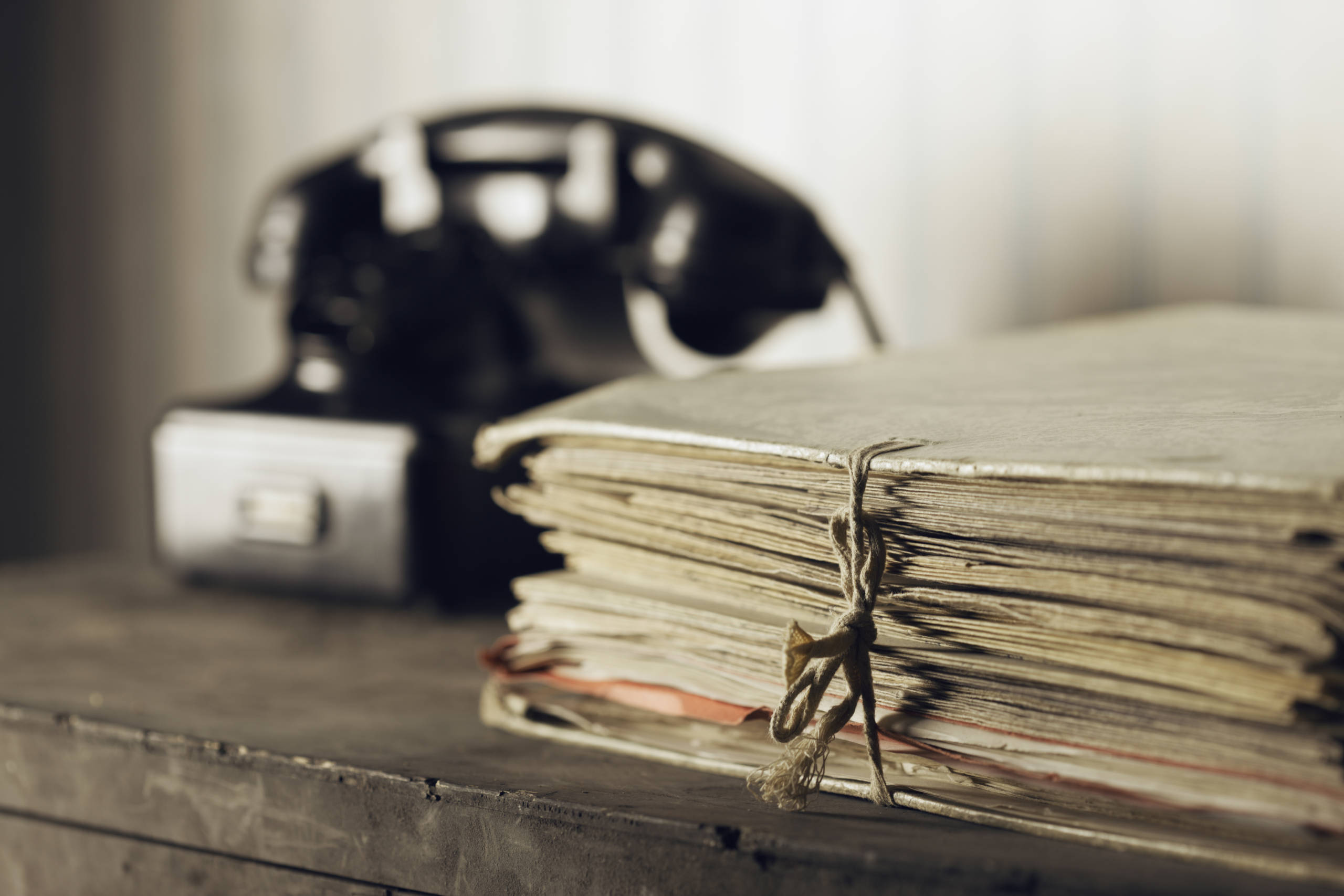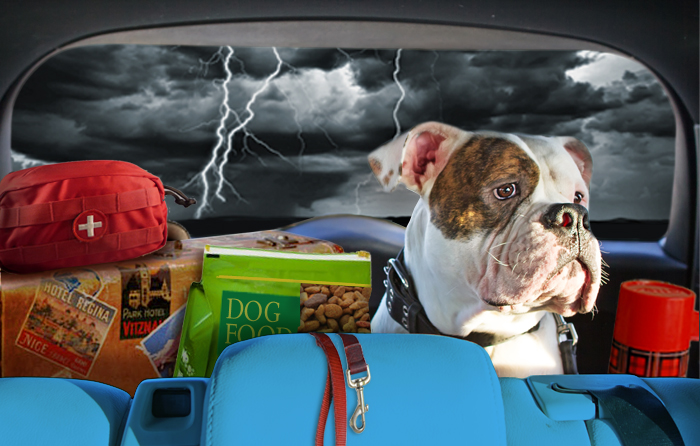Cash is King! In any part of the world money talks, and I bet you are always willing to listen and hear it out. From young we’ve had piggy banks, or you’ve kept some cash under the mattress or in coffee cans. Needless to say, at some point we knew someone who stashed a few dollars around their homes. So, having some cash around when a sudden problem pops up is never a bad thing.
Something to consider, especially in countries that get a lot of seasonal rain such as those in the Caribbean, Latin America and Southeast Asia, to keep some cash ready. Usually a little fall of rain comes with prolonged power outages and intense flooding in some areas. Power outages present a major inconvenience as it means ATMS are sometimes out of service or businesses and banks are unable to conduct business as usual except through cash-only exchanges.
Disaster Preparedness Tip 1: Always Keep Cash on Hand. Create an Emergency Fund.
This tip applies to everyone! College students and young adults, grandparents, parents and everyone! In the middle of an emergency, crisis or disaster event you probably may not have time to stop at a bank or ATM to get the needed cash. And what if it just happens to be a day technology fails you and your phone dies and you can’t Venmo, Cashapp or ApplePay? Tragic.

Now, how much money we talking?
It is important to be able to buy immediate goods and services in an emergency or disaster situation. Small bills are also preferred because they are easier to break and get change in an emergency. The amount of cash you will need depends on:
- The type of emergency/disaster event
- Immediate needs from the aftermath ie., if you need to travel or move for an extended amount of time, food, medicine, etc.
- How many people you must look after during this time
Therefore, here are some things to consider when creating your Emergency or “Rainy Day” Fund:
- How much will your nearest available mode of transportation cost you for a ticket out? Cost of gas? Airfare, train, bus? Budget that cost for the duration of your trip.
- How much will it cost for a place to stay? Hotel? Motel? Rent an apartment? Crash with a friend? You should budget for a minimum of a 2 week stay.
- How much will it cost to feed yourself and/or your family for up to a month?
Remember: In a public emergency/crisis prices of goods and services may rise when demand for those things rises. So budget for an increase in prices in a larger emergency.
Important safety tips:
- Keep small bills (for lack of availability of change, and it’s safer to whip out a $20 bill instead of $100 at a time) and only keep paper money as coins may become a burden.
- Do not keep all your cash in one place for when you need to access it in public spaces. Also keep money in different places around your house. In addition, don’t store your money in the usual places as thieves know the obvious places to look for.
- Never tell anyone how much money you are carrying or let them see where you keep your money.

Covid-19 Pandemic Spin:
The Covid-19 pandemic has caused many and major disruptions to your routine and economic stability and successes. Thus, it might be harder to save cash when you’re already low on it. Therefore, in creating an emergency fund during the pandemic, you should consider:
- Setting aside money for the main necessities, like having enough money for your medical prescriptions for future use (up to 3 weeks)
- Setting aside money for food you many need in an emergency (so no! You don’t have McDonald’s money!).
Your goal should be to stress less by planning more. Hide your emergency fund in different, uncommon places in your house. These are just a few considerations to help get you started in creating your emergency fund.
Remember: Stay ready so you don’t have to get ready!



